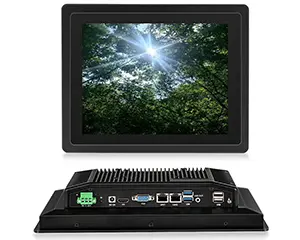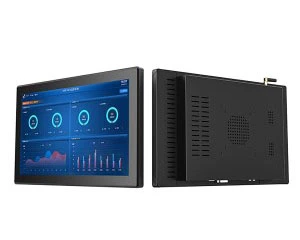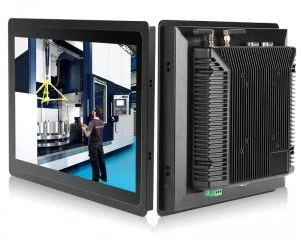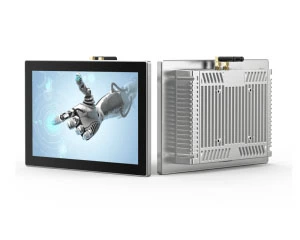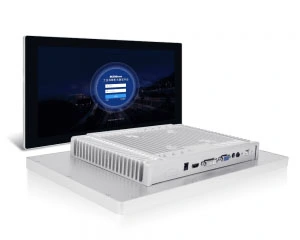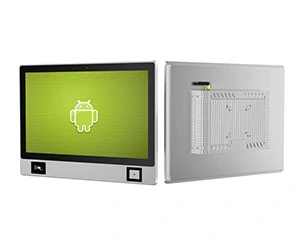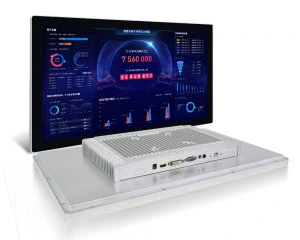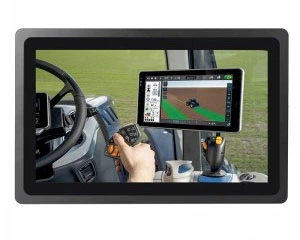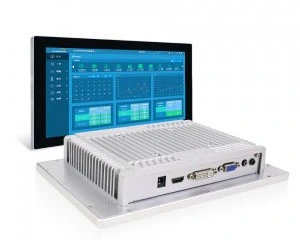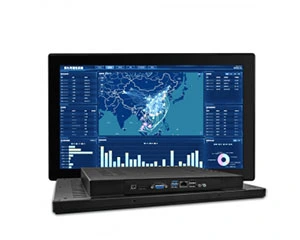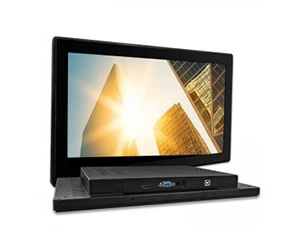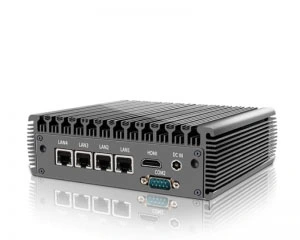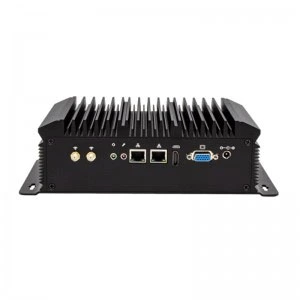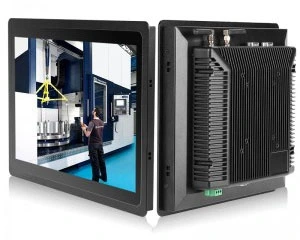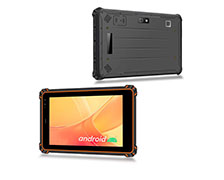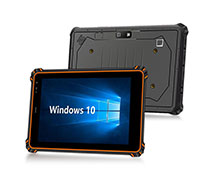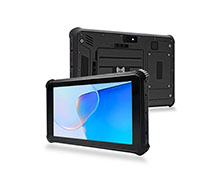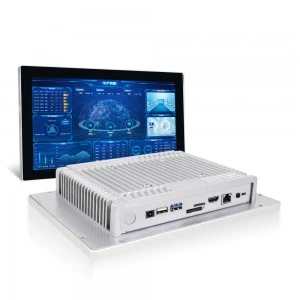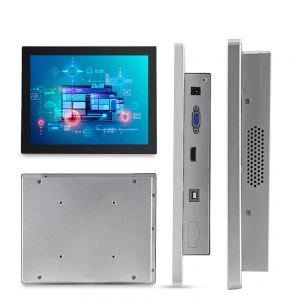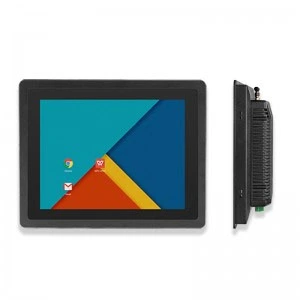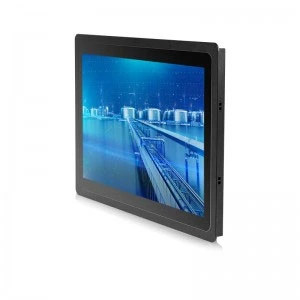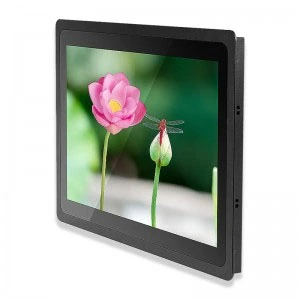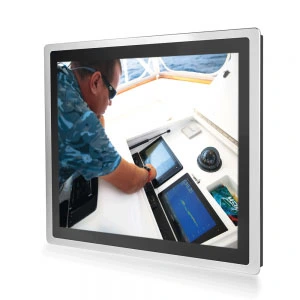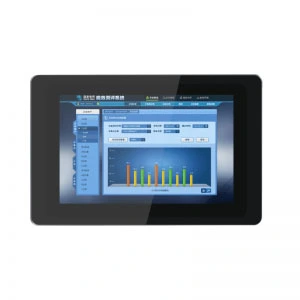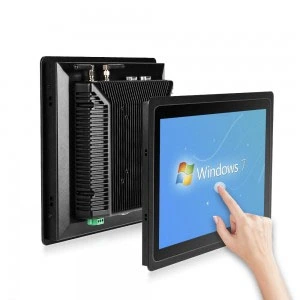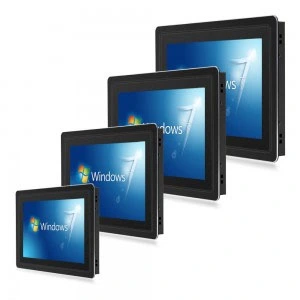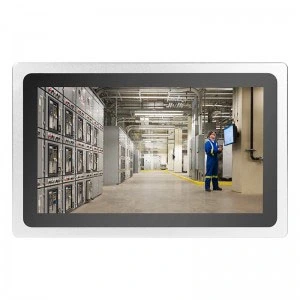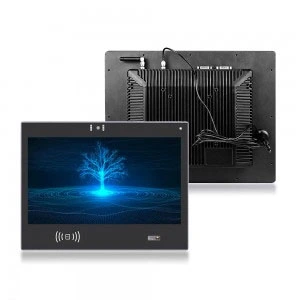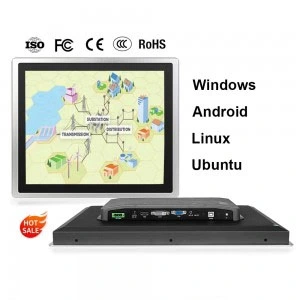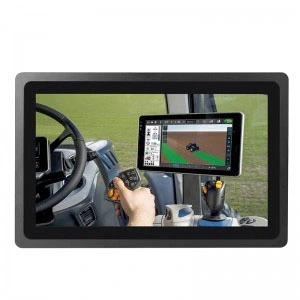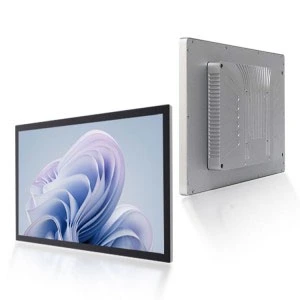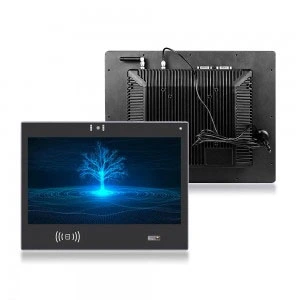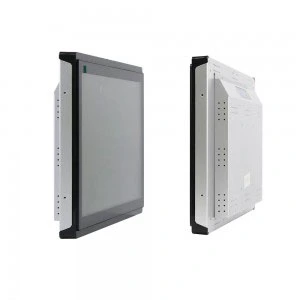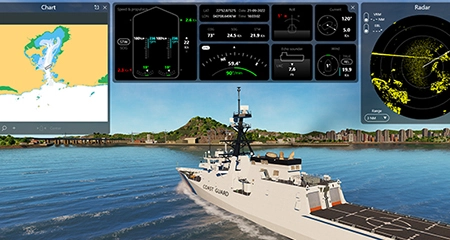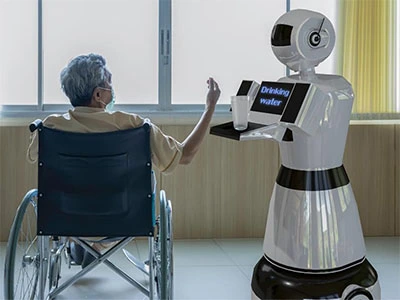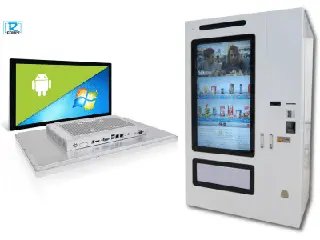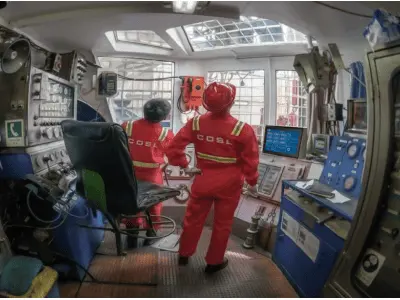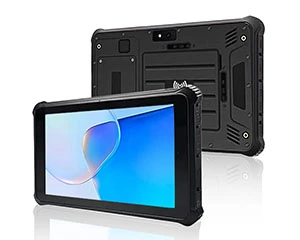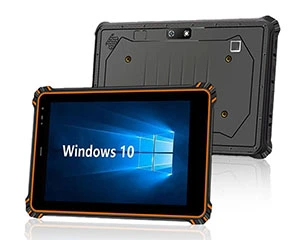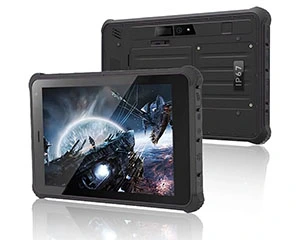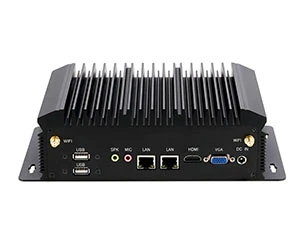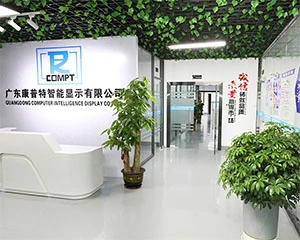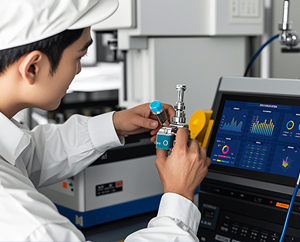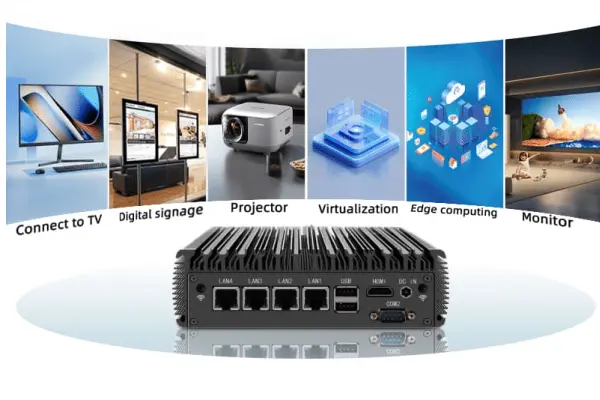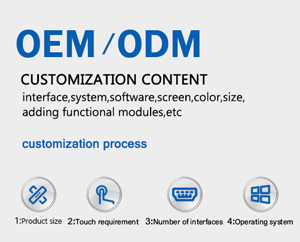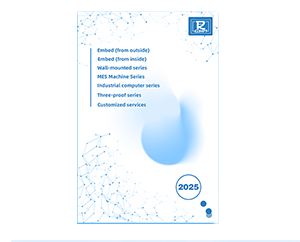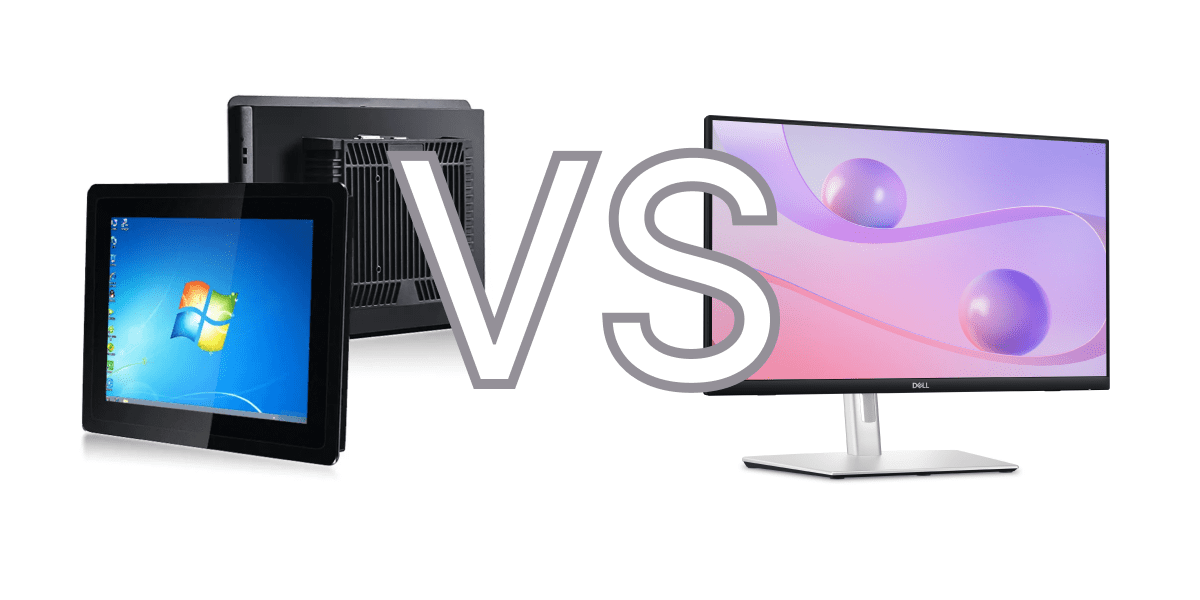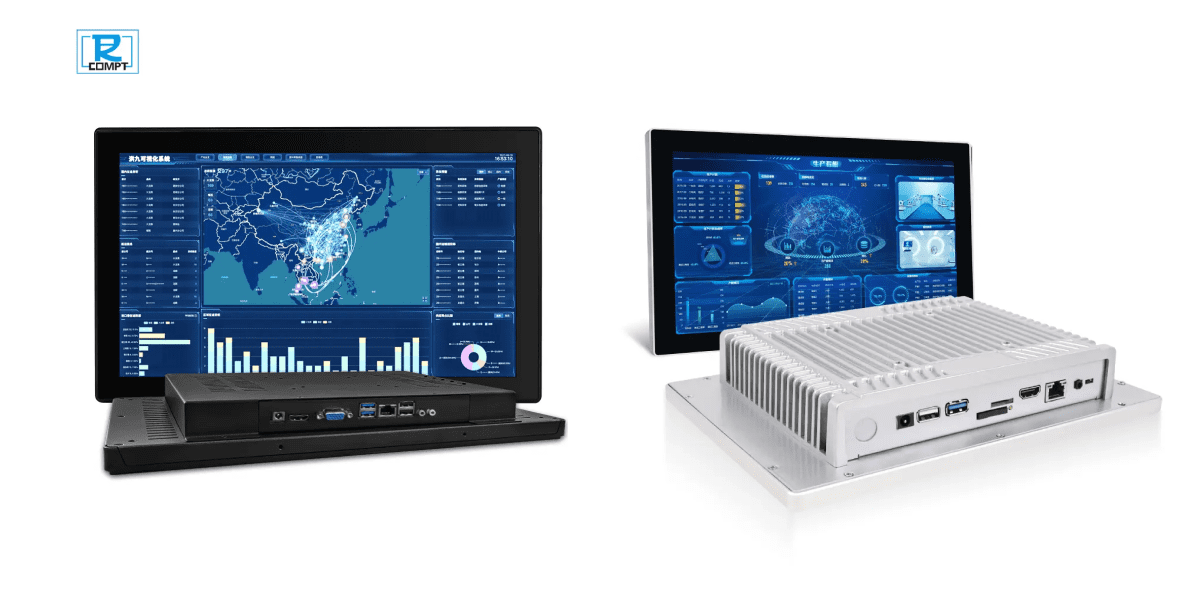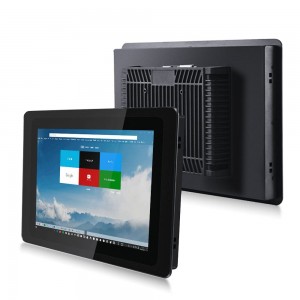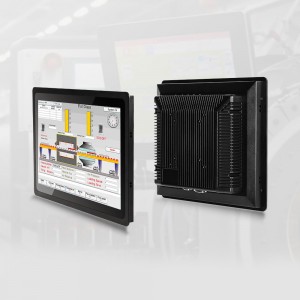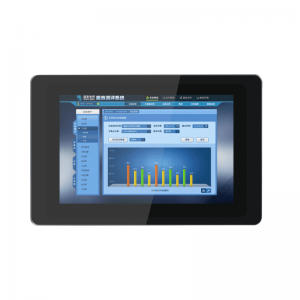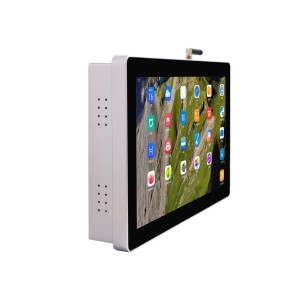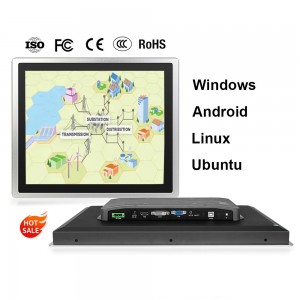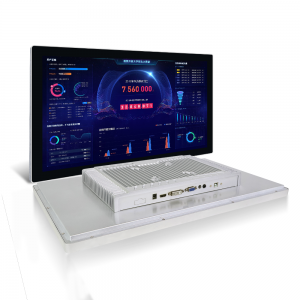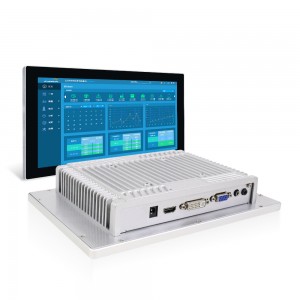In our modern, technology-driven society, monitors are no longer just tools for displaying information, but devices that play a critical role in a variety of environments, from home offices to extreme industrial applications. In this article, we’ll take an in-depth look at the differences between consumer-grade and industrial-grade LCD monitors, as well as the key benefits of choosing an industrial monitor.
Overview of Consumer Grade LCD Monitors
Typically designed for desktop office or home entertainment use, key features of consumer-grade LCD monitors include
Suitable environment:
clean office or home environment.
Usage time: 6-8 hours per day.
Durability: Usually low-cost components are used, with a typical lifespan of 3-5 years.
Enclosure: Mainly made of plastic materials, which are not shock-resistant or waterproof.
Consumer-grade monitors are more affordable and suitable for general home and office use, but cannot meet the stringent requirements of industrial-grade applications.
Advantages of industrial-grade LCD monitors
Design and Durability
Industrial grade LCD monitors are designed for demanding industrial environments
Applicable environments:
including industrial, military, medical, marine and other fields.
Continuous operation: Support 24/7/365 all-weather operation.
Durability: Highly resistant to shock and vibration, with a wide range of operating temperatures from -40° to +185°F.
Enclosure: Rugged ABS, sheet steel, stainless steel and water/dust resistant design.
These features allow industrial grade displays to operate stably for long periods of time in harsh environments in scenarios such as industrial manufacturing plants, medical equipment and marine vessels.
Product Quality and Longevity
Industrial grade monitors are built with high quality components to ensure long term reliability and superior image quality
LCD panels:
The highest grade LCD panels are selected to provide an optimised visual experience.
Lifespan: Typical lifespan is up to 7-10 years, which is suitable for OEMs who need a stable supply for a long period of time.
In contrast, consumer-grade displays have shorter lifespans and frequent model updates, making them unsuitable for long-term stable application environments.
Application Areas and Configuration Options
Industrial-grade monitors are widely used in multiple industries and specific application scenarios
Application Areas:
Covering industrial manufacturing, medical, military, telemedicine, digital signage, mass transit, oil and gas, etc.
Configuration options: A wide range of configuration options are available, such as standard brightness, touch screen, waterproof, panel mount, etc., which can be customised and selected according to specific needs.
Consumer-grade monitors usually only offer standard configurations, which cannot meet diverse and customised needs.
Advantages of COMPT‘s Industrial Monitors
In addition to traditional industrial grade LCD monitors, COMPT Corporation offers industrial monitors with the following significant advantages:
Customisation capability:
can be customised to meet specific customer requirements, including specific features, exterior design and private label services.
Innovative technology application: Adopting the latest LCD panel and technology to ensure excellent visual effect and long-term stable operation.
Wide range of applications: not only limited to traditional industrial applications, but also can be applied to medical equipment, military applications, remote monitoring and many other industries.
COMPT’s industrial monitors are more than just equipment, they are an important tool for providing customers with efficient solutions. By choosing COMPT products, customers can get quality equipment and professional technical support to ensure efficient operation in a variety of challenging environments.
Conclusion
Choosing the right LCD monitor depends on your specific application needs and environmental conditions. Consumer-grade monitors are suitable for daily office and home use, while industrial-grade monitors are better suited for scenarios that require long-term stable operation and work in demanding environments. By understanding these differences, you can more wisely choose the monitor that best suits your needs, resulting in increased productivity and equipment reliability.
By comparing and understanding the differences between consumer-grade and industrial-grade LCD monitors, we hope this article can help readers make informed choices in different application scenarios for the best experience and performance.

Penny
Web Content Writer
4 years of experience
This article is edited by Penny, the website content writer of COMPT, who has 4 years working experience in the industrial PCs industry and often discusses with colleagues in R&D, marketing and production departments about the professional knowledge and application of industrial controllers, and has a deep understanding of the industry and products.
Please feel free to contact me to discuss more about industrial controllers. sales@gdcompt.com

